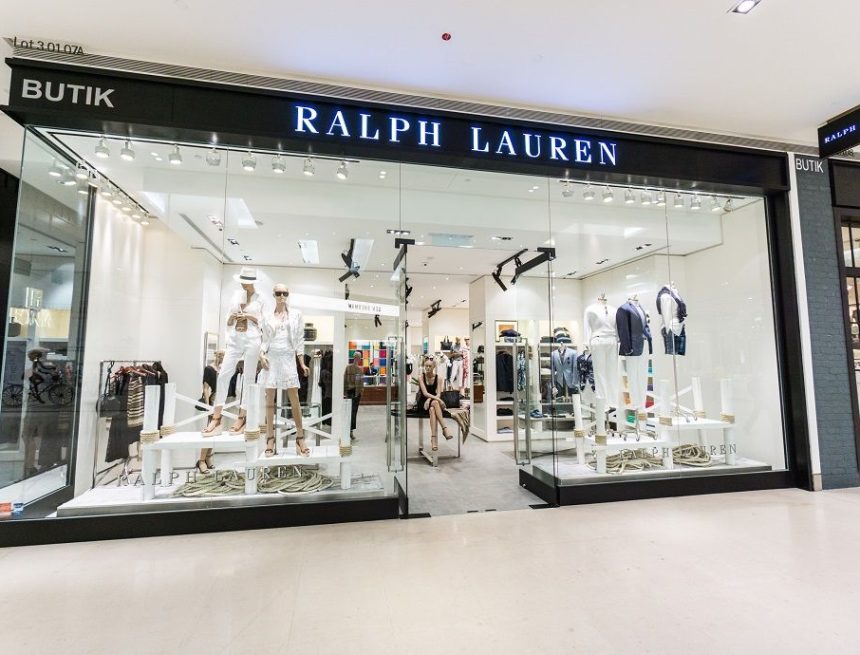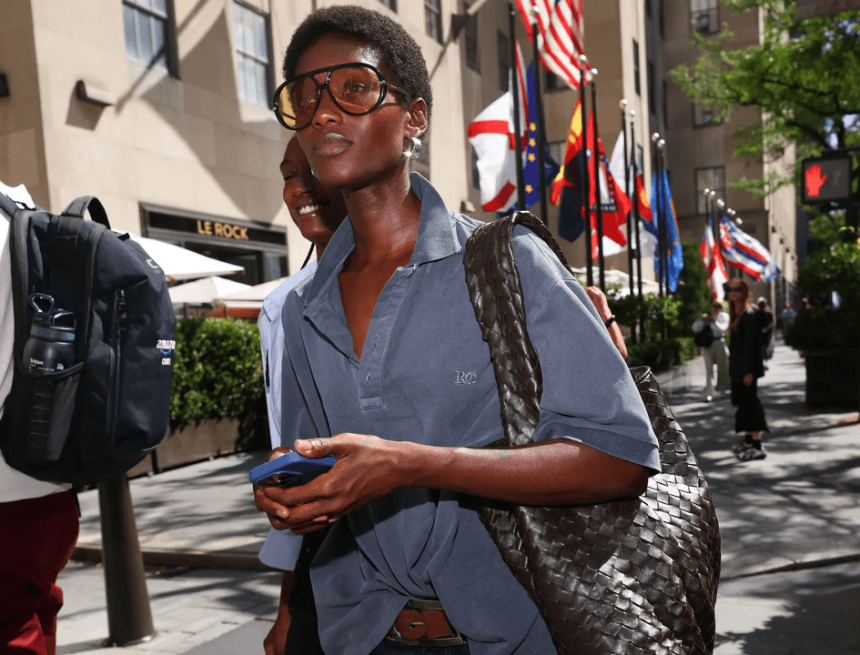As the beauty industry — and just about everyone else — come to rely more and more on AI, they’re beginning to embrace the next level of tech-enhanced consumer care: AI agents.
If a large language model is a highly intelligent chatbot, an AI agent is more like an always-on supercomputer that can track user preferences, offer recommendations for just about any category, from fragrance to makeup, and even communicate with other AIs to order products or book services.
Generative AI requires one human and one machine; agentic AI needs one human but involves multiple machines, explained Wayne Liu, the chief executive of global tech firm Perfect Corporation, based in Taiwan, which launched its Beauty Agent on Monday within its Youcam app. The company plans to eventually offer its agent as an API, or automated program interface, to brands so they can plug-and-play their own beauty agents. (Perfect already offers virtual try-on for makeup brands like MAC Cosmetics and La Beauté Louis Vuitton, along with skin and hair analysis.) Its agent combines these existing technologies into a single tool. To turn it on, “you just start a conversation,” Liu said.
While packing for a trip, you could solicit advice from ChatGPT, which would trawl other shopping lists and guides and offer suggestions, or you could ask your beauty agent, which might respond by asking to take your picture. The agent would then use the photo for a skin analysis, but also communicate with a large language model, or LLM, for some information about your destination’s climate to further personalise its recommendations. Perfect’s virtual try-on technology would also allow a user to visualise options for lipsticks or sunglasses without leaving the chat.
Agentic AI offers “more like a holistic, autonomous experience” than conversing with an LLM, Liu said.
Widespread adoption is still a ways off. Because agentic AI is still in its early days, many agents are only able to execute a handful of actions. Plus, some retailers are already objecting to: Amazon threatened AI firm Perplexity last week, asking it to block its new agent from browsing the e-tailer on a user’s behalf.
Consumer brands of all kinds are bullish that agents will create better customer experiences and smoother internal workflows. But they’re especially useful in the beauty industry, where goods are increasingly sold omnichannel and services are frequently at hand.
What Is Agentic AI?
AI agents can be separated into three broad categories: so called “back-office” agents that help with operations and workflow; third-party agents that use large language models (LLMs) to draw data from different sources (and can also shop on a human’s behalf); and branded agents, an upgrade from the AI chatbot “advisors” found on many e-commerce sites today.
For brands, using agentic AI requires a parallel but separate strategy to generative engine optimisation, or GEO. When a person converses with ChatGPT to provide the five best-reviewed foundations launched in the past decade, what they’re doing is prompting a large language model to respond based on what it can scrape from available published data — listicles, beauty awards, Reddit reviews. (One study of 150,000 ChatGPT queries in June 2025 found that 40 percent of answers pulled from Reddit’s message board.)
An agent, on the other hand, would be able not only to provide a list of foundations, but could allow you to purchase them or check local stock by seamlessly communicating with a back-office agent. They’re “orchestrating in the background with streams of data that are coming from different ports,” said Raakhi Agrawal, a managing director and partner at Boston Consulting Group’s tech division BCG.
An agent also has a memory, said Liu. “It needs to maintain a persistent identity, so it knows who you are.” It also needs to know when to ask for new information based on changing factors like one’s location or routine.
“We don’t assume your skin maintains the same [conditions], because it’s impossible,” Liu said.
What Are Agentic AI’s Applications for Beauty?
Consumer-facing interactions are the most obvious applications of agentic AI.
“You can get recommendations on products that are personalised,” Agrawal explained. “If we’re talking about a service, maybe it’s booking through them.”
The hair colour company Madison Reed has experimented with different AI tools since 2014, according to CEO Amy Everett. This year, Madison Reed introduced Madi, an AI agent, to helps customers book colour appointments in its app.
“I get on Madi and I say I’m in New York City and I need an appointment in Flatiron at 11 o’clock on Saturday; it’s going to tell me I don’t have that, but right away it can also say, I have a spot in Tribeca, in Williamsburg, on 67th and 3rd,” she said. “That person doesn’t have to give us a lot of information.”
Meanwhile, back-office tools can help in-store staff quickly screen inventory levels or communicate with other stores and retailers. For brands that already use AI for chatbots or inventory planning, using agentic AI can link these protocols so they communicate with one another.
Agrawal sees brands’ biggest opportunity with agentic AI is in smoothly integrating their digital and retail experiences.
“You can come, get a skin analysis and a recommendation right away and [then] be able to purchase the product,” Agrawal said. “It would complete that task for you in a way that enhances the experience.”
How Are Beauty Companies Using Agentic AI Right Now?
Today’s agents can’t do everything; at best, they can do “three things really well, at scale,” said Everett.
For Madi, besides appointment booking, that’s assisting with customer care interactions and recommend products based on the brand’s growing datasets. The brand also uses back-office tools to help stylists anticipate demand for services weeks in advance, so they can plan staffing and inventory.
“That has created more what I would call efficient chair optimisation and better service for the customer,” Everett explained.
The L’Oréal Groupe has partnered with Salesforce AI to incorporate AI agents into its customer care interactions, and created an agentic Beauty Genius for the makeup label L’Oréal Paris that will launch on WhatsApp in 2026. Helping consumers sift through recommendations is a priority for the cosmetics giant.

“Beauty is an overwhelming experience… and we could see that consumers get lost and choice paralysis is overwhelming,” said Thomas Vince, chief digital and marketing officer for L’Oréal USA’s Consumer Products Division. The L’Oréal Groupe has also invested in an app called Noli (an acronym for “No One Like I”) to offer more precise skincare recommendations to users, fed by the company’s decades of data. The Estée Lauder Companies will soon unveil its next assistant, a branded fragrance recommendation engine, on Jo Malone’s website.
Demand will likely increase for beauty-specific tools. While a model like ChatGPT is “very generic,” Liu said Perfect is marketing its AI agent to brands based on its unique dataset culled from just under a million monthly active app users (who have enough of a thing for beauty that they downloaded an app to try on lipstick shades).
Not every AI innovation will become commonplace — big-name brands have been experimenting with virtual try-on for nearly a decade, consumers still prefer to swatch products in real life. Agentic AI seem likelier to proliferate, especially in consumer care and operations.
These agents may be in their infancy, but that doesn’t mean businesses should wait until they’ve matured. As Everett put it, “You’ve got to keep the plane flying while you’re changing out the engine.”
Sign up to The Business of Beauty newsletter, your complimentary, must-read source for the day’s most important beauty and wellness news and analysis.


